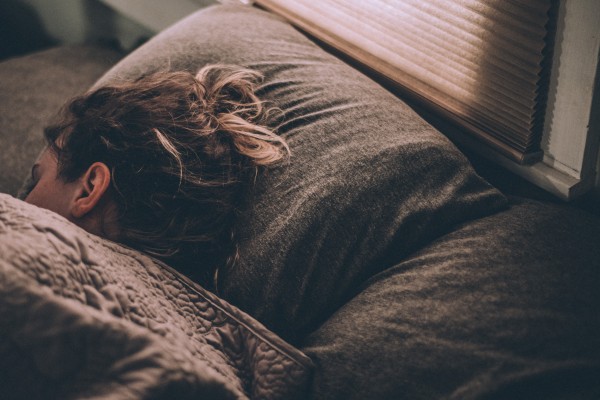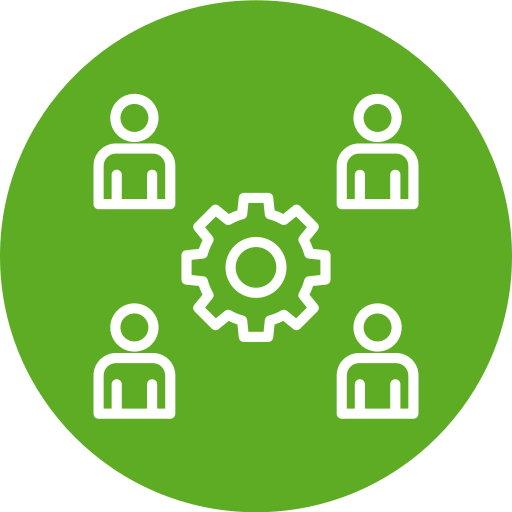
.jpg)
By Health and Wellbeing speaker Mark Bunn
What do we generally think of when we think of business success?
The latest productivity hacks, leadership skills, goal setting tools or communication strategies?
Well, the latest science clearly shows that 'getting a good nights sleep' is now one of the biggest factors for not only our individual health but for the collective success of our business teams.
A Deloitte Access Economics health report showed that 39.8 per cent of Australians don't get enough sleep. Sleep deprivation costs the economy an estimated $66.3 billion and productivity losses are of the tune of $17.9 billion or $2418 per person.1
44% of employees surveyed in research by Better Sleep Council said they were likely to be in a bad mood at work as a result of poor sleep. Bad moods (mental health), compromised wellbeing and productivity losses all add up to being ‘bad for business’.
Ancient & Modern view of sleep
According to my Eastern training in Ayurvedic medicine, good sleep is most important because it enhances what is called ‘ojas’. Ojas is considered to be the master coordinator between mind, body and emotions and the main life-supporting force within our bodies. Compromised sleep produces insufficient ojas and every aspect of our mental, physical and emotional performance declines.
In today’s world, modern science is also confirming the ‘serious’ health problems associated with consistent poor quality or insufficient sleep. Dozens of research studies clearly show that poor sleep is unquestionably linked to increased risk of;
- Obesity (“sleep late and gain weight”)
- High blood pressure / heart disease / Stroke
- Lowered immunity
- Diabetes
- Cancer
- Premature aging
- Compromised DNA / mutation of genes
3 ‘Unique’ but Critical Key Tips for Better Sleep
1. Sync with the Early Morning Sun
For millennia wise, ancient cultures throughout the world have started their days by greeting, honoring and connecting with the early morning sun. While this has also always had spiritual significance, modern science has now shown this to be of absolutely critical importance for the regulation of sleep. All our body’s cycles, particularly our sleep-wake cycle, is governed by the cycles of ‘natural’ light and darkness.
For thousands of years, Ayurveda too as promoted early morning sunlight exposure, stating that it is vital for all individuals and particularly to assist sleep at night.
To Do; Be sure to get outside in the early morning and expose yourself to sunlight … or at least natural light (if you live in Melbourne or London winters!). More on Morning Sun & Sun Gazing Here – the keys to healthy slumber!
2. ‘Earth’ or ‘Ground’ Yourself More
What words or qualities do you think of when you think of the inability to sleep? Airy? Spacey? Now, what is the direct opposite quality of space and air?........Earth or ground!
A very simple natural, timeless wisdom to prevent being so spacey or airy and to improve sleep is to ground or earth ourselves. Earthing is the process of connecting our physical bodies (particularly our bare feet) with the earth.
Some of the early clinical research has shown that earthing alone can significantly improve many people’s sleep problems.
To Do:
i) At every opportunity, sit down on grass, get out in the garden or walk in a park. If you live or work in a high-rise building be extra vigilant about grounding yourself in these ways.
ii) Where practical, take your shoes and socks off and walk on the ground with bare feet. If you do home-based yoga, tai chi or other similar exercises in the mornings, where appropriate do them barefoot on the ground.
iii) Read my full earthing article for more tips and the research links.
3. Eat ‘Lighter Dinners’ & Get to Bed a Little Earlier
One of the biggest factors in compromised sleep is our Western habit of eating our main (heaviest) meal at night. Both ancient and modern science clearly show this is one of the best ways to sabotage our sleep quality. And the later we go to bed, the worse it is.
To Do:
Read below and see if you can gradually reduce the amount you eat at dinnertime (occasionally even doing an ‘intermittent fast’) and bring your bedtime closer to 10pm whenever possible. (This is the time our bodies’ start their internal cleansing, detox and rejuvenation cycle.)
Wishing you fabulous sleep, sweet dreams and incredible business success.
As one of Australasia’s leading experts on health and personal performance, Mark Bunn understands the difficulties facing workers and organisations today – high stress, poor sleep, negativity, poor work-life balance, low motivation and workplace morale. If you want to know more about Mark CLICK HERE or call us on 1300 55 64 69.

